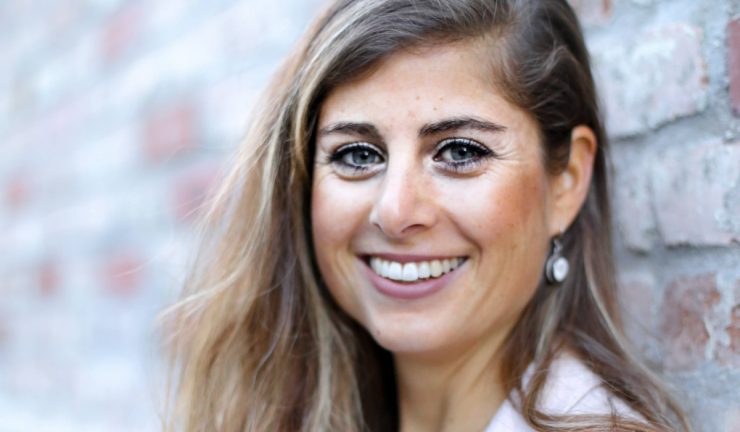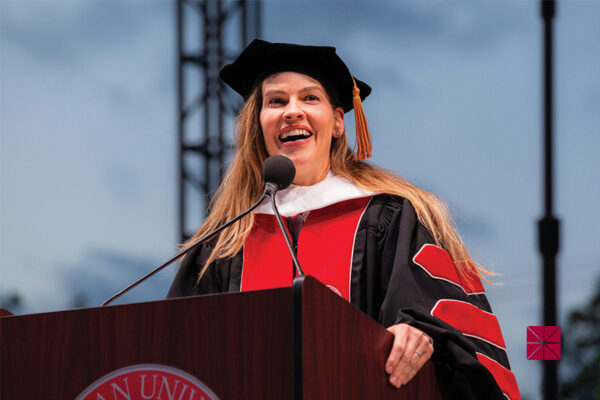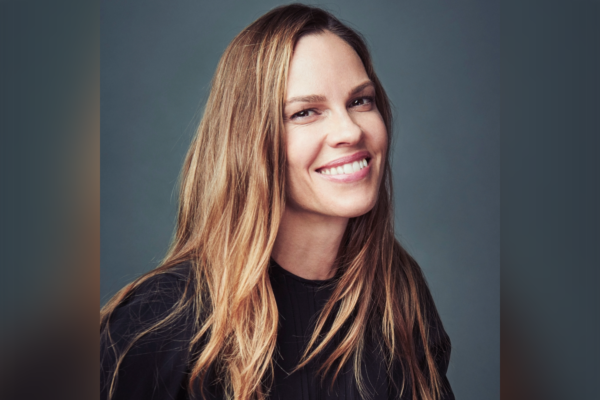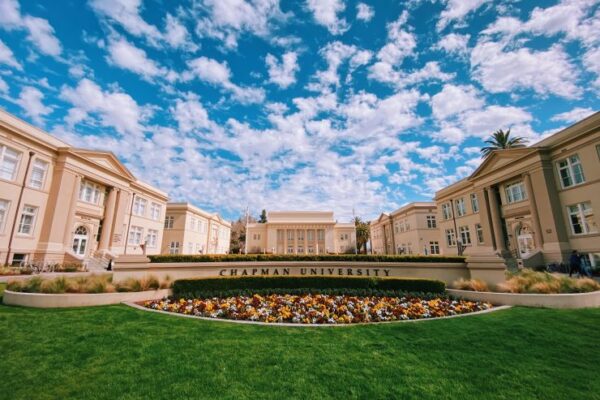As we approach another crucial election season, a Chapman University professor is exploring a key question: Can social media motivate Gen Z voters and boost civic engagement?
In a world where social media is often blamed for deepening divisions in society, Chapman University’s associate professor Dr. Sophie Janicke-Bowles is challenging that narrative. An expert in media psychology, Janicke-Bowles believes social platforms have the power to unite people and drive meaningful change.
“We hear every day how social media is dividing us, driving us further apart than together. But it doesn’t have to be that way,” says Janicke-Bowles. “Social media can be a huge catalyst to drive political change and bring us, the people, closer together.”
Social media platforms have proven to be powerful tools for activism, connecting and mobilizing people across the globe. From #MeToo to #BlackLivesMatter, these online movements have sparked real-world change. As the upcoming election approaches, it’s worth considering: How effectively can social media inspire people—especially younger voters—to participate in the voting process?
Here’s what we know:
- Social media amplifies political messages and motivates offline civic activities, especially for Gen Z and Millennials.
- Movements like #MeToo and #BlackLivesMatter show how online activism translates to physical action.
- Studies show that friends posting about voting can have a stronger impact on voter turnout than traditional face-to-face reminders.
Sophie Janicke-Bowles’ latest research explores how social media can foster positive interactions, facilitate community building, and empower individuals to advocate for social justice. She has published numerous articles exploring how media can inspire self-transcendent emotions like gratitude, compassion, and a sense of awe.
She also pioneered the very first textbook on Positive Media Psychology and led the creation of a groundbreaking questionnaire designed to measure digital flourishing. This tool has already been adapted for teens and translated into five languages, making an impact around the world. She is available for interviews and can be reached at bowles@chapman.edu
###
About Chapman University
Founded in 1861, Chapman University is a nationally ranked private university in Orange, California, about 30 miles south of Los Angeles. Chapman serves nearly 10,000 undergraduate and graduate students, with a 12:1 student-to-faculty ratio. Students can choose from 123 areas of study within 11 colleges for a personalized education. Chapman is categorized by the Carnegie Classification as an R2 “high research activity” institution. Students at Chapman learn directly from distinguished world-class faculty including Nobel Prize winners, MacArthur fellows, published authors and Academy Award winners. The campus has produced a Rhodes Scholar, been named a top producer of Fulbright Scholars and hosts a chapter of Phi Beta Kappa, the nation’s oldest and most prestigious honor society. Chapman also includes the Harry and Diane Rinker Health Science Campus in Irvine. The university features the No. 4 film school and No. 66 business school in the U.S. Learn more about Chapman University: www.chapman.edu.
Media Contact:
Molly Thrasher. Director of Public Relations | thrasher@chapman.edu | Mobile: 657-561-4359
Carly Murphy, Public Relations Coordinator | carmurphy@chapman.edu | Desk: 714-289-3196 | Mobile: 714-497-9683




